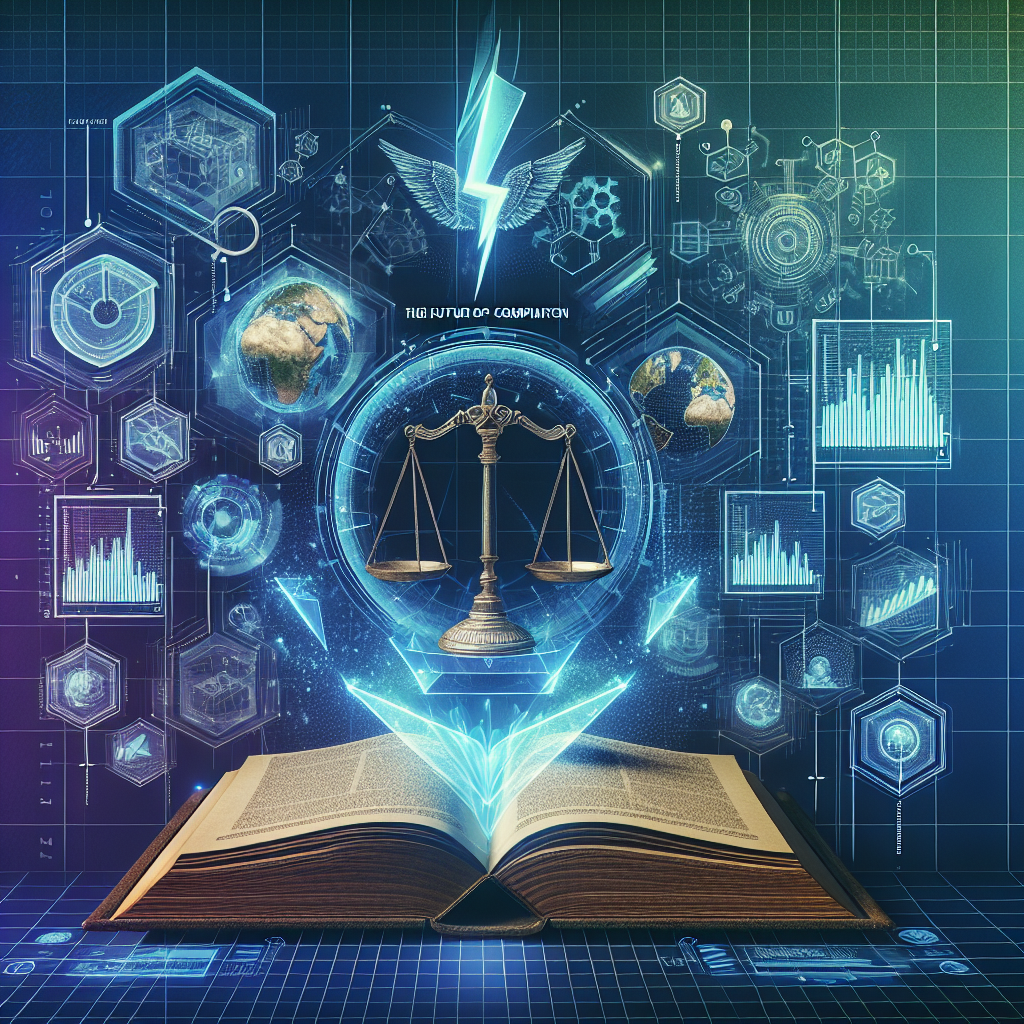Intro to Conformity in the Digital Age
Conformity has actually always been a crucial aspect of organization procedures, influencing the way organizations comply with lawful and regulatory criteria. As technology quickly advances, its duty in conformity monitoring has actually become increasingly important. This article checks out exactly how innovation shapes the future of conformity administration, developing efficiencies and ensuring compliance with ever-changing laws.
The Effect of Innovation on Conformity
Automation of Compliance Processes
The introduction of automation devices enables organizations to simplify their conformity processes, lowering human error and improving precision. Automated systems can swiftly assess vast amounts of data, recognizing prospective conformity breaches in real-time, ultimately freeing up human resources for more critical jobs.
Expert System and Artificial Intelligence
AI and artificial intelligence are revolutionizing compliance monitoring. These innovations can pick up from historical data, allowing sophisticated risk analyses. By anticipating prospective non-compliance concerns before they occur, organizations can proactively attend to risks and maintain governing adherence more effectively.
Blockchain for Openness
Blockchain innovation uses unparalleled openness and traceability, important for compliance in fields such as financing and medical care. Smart agreements on the blockchain can immediately execute conformity checks, ensuring that laws are continually met throughout the supply chain.
Associated Searches
- Conformity technology trends
- Future of governing innovation
- Function of AI in conformity
- Blockchain in regulative compliance
- Advantages of automation in conformity
Difficulties of Implementing Innovation in Conformity
While technology provides various advantages, there are difficulties connected with its application. Data personal privacy issues, assimilation with existing systems, and the ongoing demand for worker training are critical issues organizations should navigate. Additionally, adjusting to quickly advancing technology calls for continuous investment and critical preparation.
Compliance and Information Personal Privacy
Organizations should guarantee that their conformity innovations comply with information personal privacy guidelines, such as GDPR and CCPA. Balancing the advantages of data analytics with the legal rights of individuals can be intricate and needs a solid commitment to ethical techniques.
Meeting with a Compliance Professional
We consulted with Sarah Johnson, a compliance expert, to obtain understanding into the advancing landscape of conformity technology:
Q: Just how do you see modern technology altering the compliance landscape in the next 5 years?
A: “Modern technology will certainly remain to play an important function in conformity. I think we will certainly see even more integration of AI devices that can anticipate compliance threats, together with a more considerable change to blockchain for record-keeping. Organizations that adopt these modern technologies will likely lead their sectors.””
Q: What should firms concentrate on when incorporating new compliance modern technologies?
A: “It’s important to perform complete training and guarantee that staff members recognize how to use these modern technologies effectively. Additionally, business need to keep recurring assessments of their conformity programs to adapt to brand-new modern technology as it creates.””
The Future Expectation
As governing environments come to be much more complex, modern technology will certainly be essential in making it possible for companies to navigate conformity effectively. The future of conformity depends on welcoming cutting-edge technologies that boost precision and minimize functional problems while advertising honest criteria and information privacy.
Final thought
The role of innovation in compliance tracking is obvious, leading the way for a future where companies can remain in advance of regulative demands. By adopting advanced devices and fostering a society of constant improvement, businesses can ensure they continue to be certified and competitive in their corresponding sectors.
FAQ
Q: Exactly how can companies make sure proper application of conformity modern technology?
A: Organizations ought to purchase employee training, conduct normal analyses of innovation efficiency, and job carefully with conformity professionals to make certain systems are lined up with governing needs.
Q: What role does information analytics play in compliance?
A: Information analytics allows companies to recognize trends, spot prospective compliance issues, and make data-driven choices to enhance their conformity efforts.
For additional information on compliance technology, visit Compliance Week (nofollow), Lexology (nofollow), and Regulatory Matters Professionals Society (nofollow).


